I overheard a woman on the train say “I don’t miss my hair, I don’t feel bad about going bald because it means that the treatment I’m having is working.”
It’s nice that she doesn’t feel bad about herself, but it made me a little sad because it’s not necessarily true. I don’t know what her condition is, but obviously my mind was drawn to cancer. Perhaps in her case the hair-loss is concurrent with successful treatment, but it might not be.
I thought I’d try to share some things that I’ve learnt over time and from my university studies.
Uncontrolled growth
Most of our body is made up of cells (go here for a cute animation about cells). Small, contained units that come together and interact to make tissues (skin, heart, liver, intestines etc) and can also be individuals in our body (e.g. cells travelling around in our blood). As we grow our cells duplicate our DNA and split in half. This happens a lot when we’re young because we are getting bigger and we need more cells to make up our bigger selves, but it slows down as we get older (which is one of the reasons children heal more quickly than oldies when they’re hurt).
Cancer is a disease that occurs when cells divide when they shouldn’t. They can divide in one area and create tumours or they can break away and spread (known as metastasis). Lots of anti-cancer drugs (including many chemotherapy drugs) target the fact that most of our cells don’t divide very often anymore. The drugs only go into dividing cells, or only affect attributes of dividing cells, and kill them. This is why our hair falls out; hair cells are one part of our bodies that still divides often.
Not all cancers are the same
This seems obvious since there’s breast cancer, ovarian cancer, cervical cancer, testicular cancer, lung cancer, leukemia, bowel cancer… the list is long. However, did you know that different types of cancers have different characteristics? A breast cancer cell behaves differently to a leukemia cell. They have different (genetic) defects and they respond to different drugs. As pelf eloquently pointed out in her post about breast cancer, when cancer spreads to another part of the body the new cancer site has the same characteristics (and the same name) as the original cancer.
If a patient appears to have several cancers, it’s important to find out which one is the “primary” cancer, because treatment can be targeted to that type of cancer. Until recently it wasn’t possible to tell, with certainty, the cancers apart (even now it can be difficult and expensive), so you would need to treat them with a more general drug. This is where we come back to hair loss. If you were treated with a general dividing-cell-killer your hair might fall out, but some of the cancer cells might be “resistant” to the drug. In that kind of case the cancer could be reduced, but it may easily return.
I’m not an expert on the types of treatment currently available for cancer. Please listen to your doctor on what the best course of treatment for you is.
What are these gene things?
I get a lot of people giving me raised eyebrows or blank stares when I ask them if they know what DNA is, what a gene is, what a protein is. People support Jeans for Genes day, but they never think to ask what a gene is. I have difficulty explaining it to people; I think it’s partly because they’ve already decided that it’s too difficult to understand, but I’m going to try again!
“Genetic” refers to DNA, it’s our genetic material and it determines eye colour, hair colour, girl, boy, hairy, smooth, heaps of things. Genes are sections of DNA that encode a message to make proteins. Proteins are tiny little structures made inside our cells that perform different functions inside and outside of our cells.
Something analogous to this might be a story. DNA is the alphabet. Parts of the alphabet (letters) come together in different arrangements to form words. Genes are the words. By themselves they don’t always mean much, but with proper arrangment they form a sentence that might have some meaning. Proteins are the sentences; sometimes they’re short and sweet, sometimes long and arduous. However, even sentences don’t mean a lot without some context, other sentences that come together to form a story. The story is all the stuff that happens in our bodies. If you go backwards and change one part of the process it can change the story. Changing one letter can change a whole word, adding or removing a word can change a sentence and can change the story. In that way, changing a tiny part of DNA can “mutate” a gene. Deleting a whole gene can have a small consequence, like removing a tiny part of a protein, or it can have catastrophic effects like removing whole sentences from the story.
Do I have a cancer gene?
I suspect that you’ve heard a bunch of gene names from the media that are related to or responsible for cancer. When I was younger I heard about the BRCA1 and BRCA2 genes that are “responsible” for breast cancer. I thought to myself, “Great! I’m going to get my DNA tested to see if I have those genes and then I’ll know if I’m going to get breast cancer!” That’s not how it works though! In most cases everyone has these genes; they have important roles in the growth and function of cells. It’s when they get mutated or deleted cancer develops (I plan to talk more about that in another post soon).
The other part of that story is that we have 2 copies of each gene (one from mum and one from dad). So we can inherit a gene that might lead to cancer, but as long as the other copy is ok we don’t get cancer. However, if the other copy gets mutated in one cell later in life we might develop a tumor. That’s why cancer sometimes runs in families. Don’t fret though, there’s absolutely no guarantee that you will get something even if someone else in your family did.
Let me know if you found this informative! Was there something that you didn’t understand? Was the whole thing too long for you? Is there anything you want to know more about?




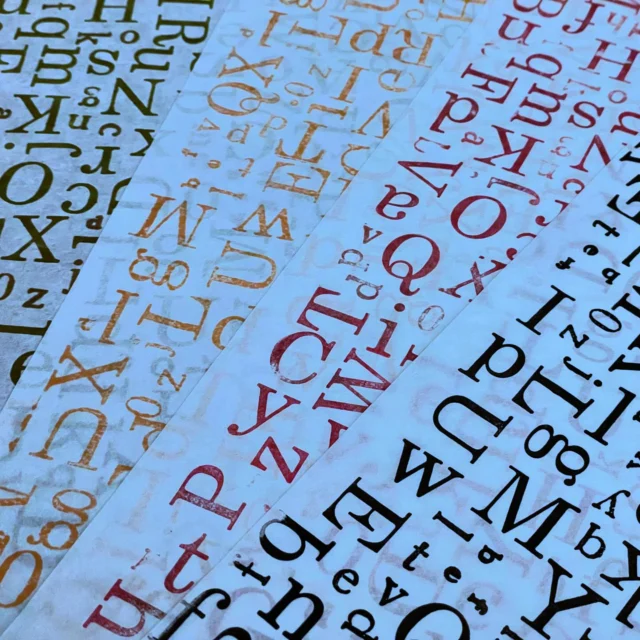
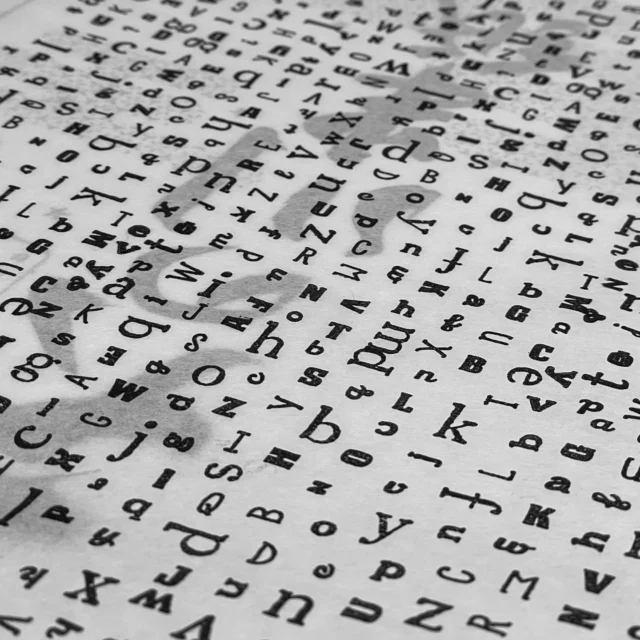
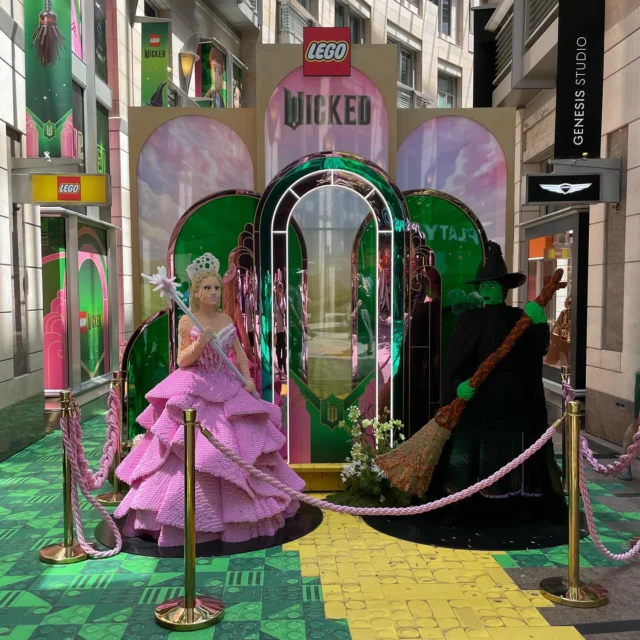
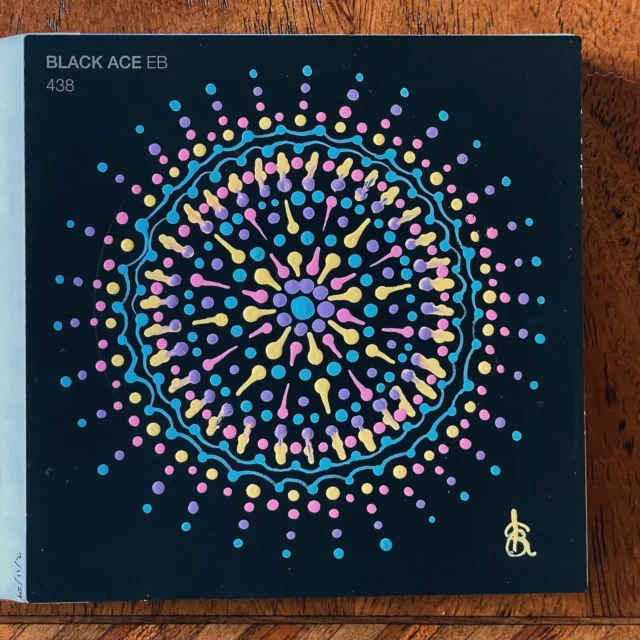
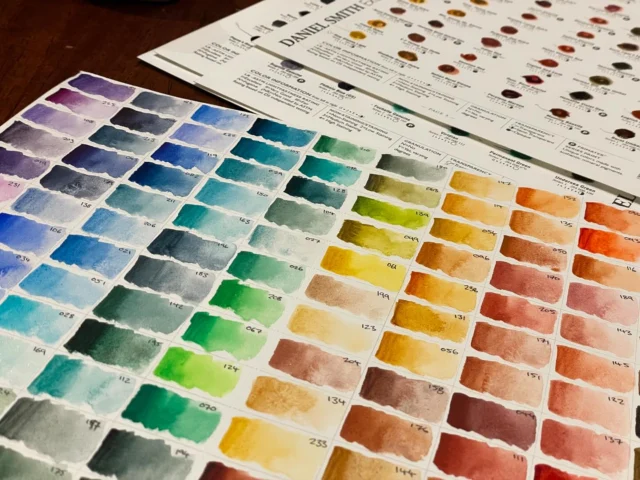

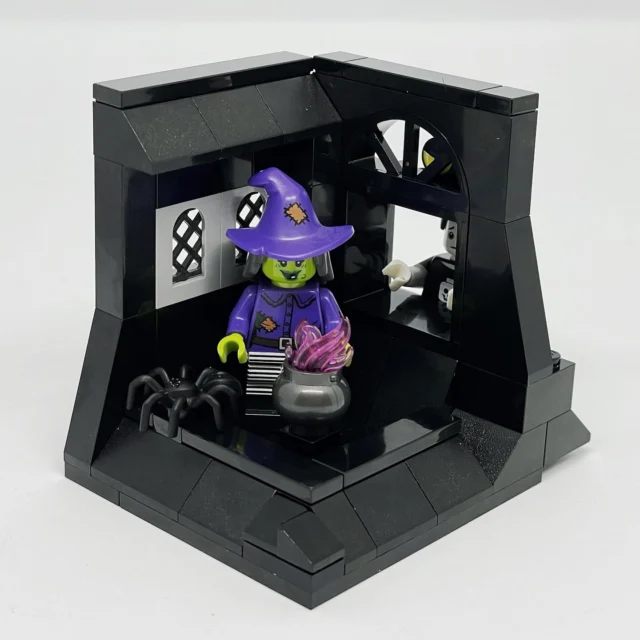
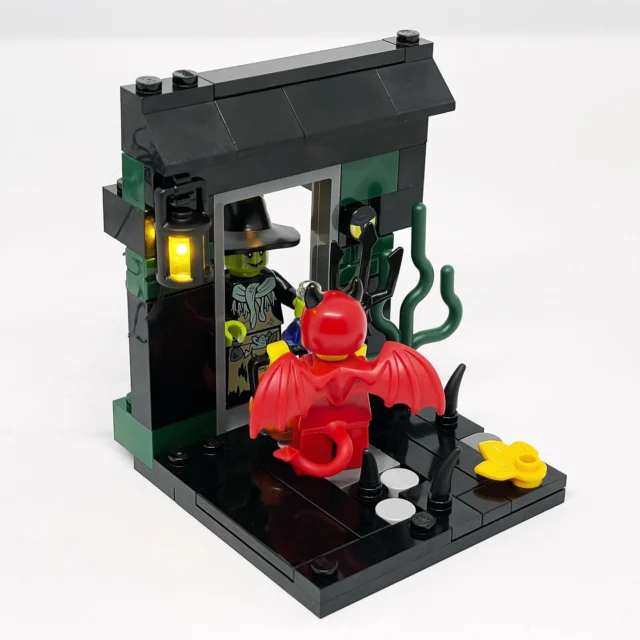
This is indeed informative. We need to read posts like this more often instead of all those medical jargons 🙂
Thanks pelf 🙂
It’s so strange trying to explain what I do and learn to people. There’s such a vast array of scientific knowledge out there, from people who have done similar things to me at uni to people who have no idea what a protein is. Even my husband who’s a science nerd (maths and computers) has no idea what I’m talking about most of the time. So it’s good to try to avoid jargon. 😛